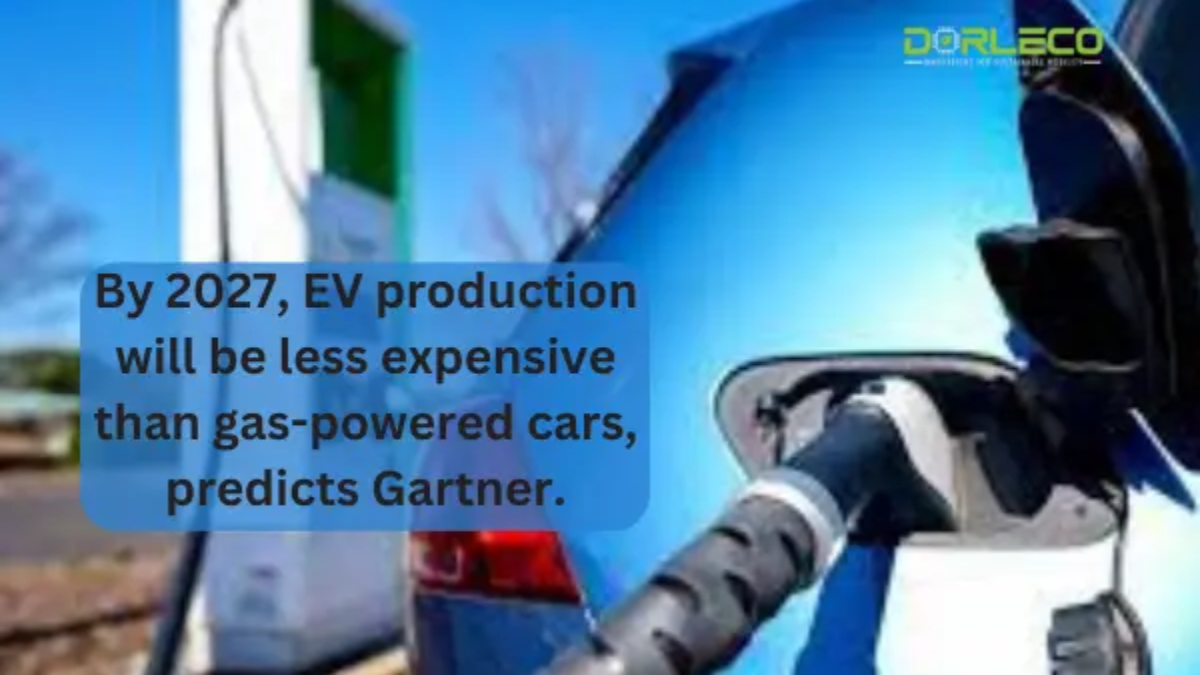As batteries are the most expensive component of an electric vehicle (EV) and make up around 40% of the vehicle’s price, Gartner anticipates that EV EV production costs will decline far more quickly than those of batteries.
According to market research firm Gartner, battery electric vehicles will be, on average, less expensive to construct by 2027 than a comparable internal combustion engine because of new manufacturing techniques that are reducing EV production costs.
As batteries are the most expensive component of an electric vehicle (EV) and makeup around 40% of the vehicle’s price, Gartner anticipates that EV production costs will decline far more quickly than those of batteries.
Gartner stated that their research was influenced by “innovations that simplify EV production costs such as centralized vehicle architecture or the introduction of giga castings that help reduce manufacturing cost and assembly time.”
Massive casting machines known as giga presses were invented by Tesla, the market leader in the United States, to produce enormous, single pieces of vehicle underbodies, streamline EV production, and lessen the workload for robots. Vice President of Research at Gartner Pedro Pacheco stated, “This (the new technology) means BEVs will reach ICE cost parity much faster than initially expected, but at the same time, it will make some repairs of BEVs considerably costlier.”
According to market data, by 2027, the average cost of fixing an EV’s body and battery following a significant collision will increase by 30%. Because of this, cars involved in collisions may be more likely to be written off entirely (Gartner noted that the cost of repairs may exceed the vehicle’s residual value).
Potential purchasers are already concerned about the high expenses associated with EV repairs. According to Gartner, if EV production cost reductions result in greater repair costs, there may be a backlash from consumers.
Additionally, it projects that by 2027, 15% of EV businesses established in the past ten years will either be purchased or go bankrupt.
This does not imply that the EV industry is collapsing. Simply put, we are approaching a new stage where the best businesses will prevail over the rest, according to Pacheco.

